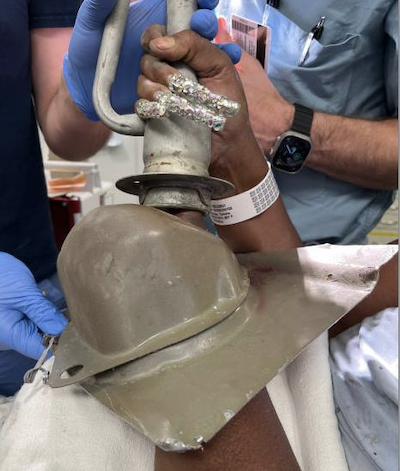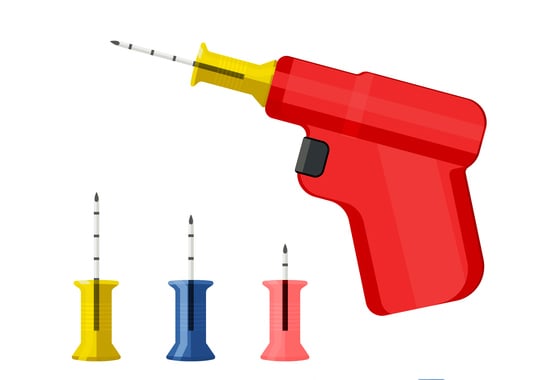Playing through the Pain: Important Update on COVID-19 Exposure
March 15, 2020
Dear EMRA Members,
As the health care community meets the COVID-19 pandemic head-on, I must share the news that one of our #EMRAFamily is battling this virus as a patient.
The physician, who joined us at CORD Academic Assembly last week in New York City, has tested presumptively positive for the coronavirus and is being treated. We send our strongest support and well wishes for a speedy, smooth recovery. We are also urging all members who were in attendance at CORDAA20 to be aware of the potential exposure. Monitor your health, communicate with your program, and please do not hesitate to get tested.
That is easier said than done, I know.
Particularly in emergency medicine, we want to be there for everyone, every time - even when it means we "play through the pain," ignoring in ourselves the very same symptoms we're treating in our patients.
As trainees, we are more susceptible to this tendency. We are responsible not only to our patients, but also to our attendings, our co-residents, our program leadership, and regulatory agencies monitoring our professional development. Calling off sick is a last resort in the best scenario. In today's crisis, it's sometimes not even an option.
The threat of quarantine has led many of us to overlook concerning symptoms, but we are now in uncharted waters. COVID-19 comes with unprecedented challenges to every aspect of public health. You must do what's right for your patients and for yourself - even if that means activating backup.
Don't want to do that? I understand the hesitation. We feel guilty for needing help, and we don't want to let our friends down or further strain the system. Again, though, we must first do no harm - to our patients or to ourselves. We must do our part to not only treat but also contain COVID-19, as individuals and as a health care community. I feel confident that residency policies will adapt to this new reality, as will the governing bodies in the house of medicine. We are, after all, one team working together to care for everyone, every time.
Advocating for you,
Hannah R. Hughes, MD, MBA
EMRA President
Help Us Stay Informed
If you attended CORDAA20 and are experiencing symptoms, please contact EMRA Executive Director Cathey Wise at cwise@emra.org so we can offer support while keeping others informed; we will protect your privacy.
More Information
We will keep you posted as events occur. Please monitor our social media channels (@emresidents on Twitter, Facebook, Instagram, and LinkedIn), and check our website at www.emra.org. Additionally, ACEP is maintaining acep.org/corona/COVID-19/ to help stay abreast of COVID-19 developments.
Related Content

Mar 23, 2025
Severe Finger Entrapment in Gas Filler Cap Valve of 2003 Ford Expedition
How do you manage a case of a patient's finger stuck so completely in a Ford Explorer gas valve that EMS arrives with part of the vehicle attached to your patient? Hint: Consider the use of a nasopharyngeal tube, an angle grinder, and DoorDash.

Nov 02, 2022
Critical Care Alert: A Randomized Trial of Drug Route in Out-of-Hospital Cardiac Arrest
Every minute counts for long-term outcomes in out-of-hospital cardiac arrest. Does the route of administration for lifesaving medications play a role? This EMRA Critical Care Alert dives into the PARAMEDIC-3 trial, comparing outcomes in OHCA patients who were treated with intraosseous access versus intravenous access.





